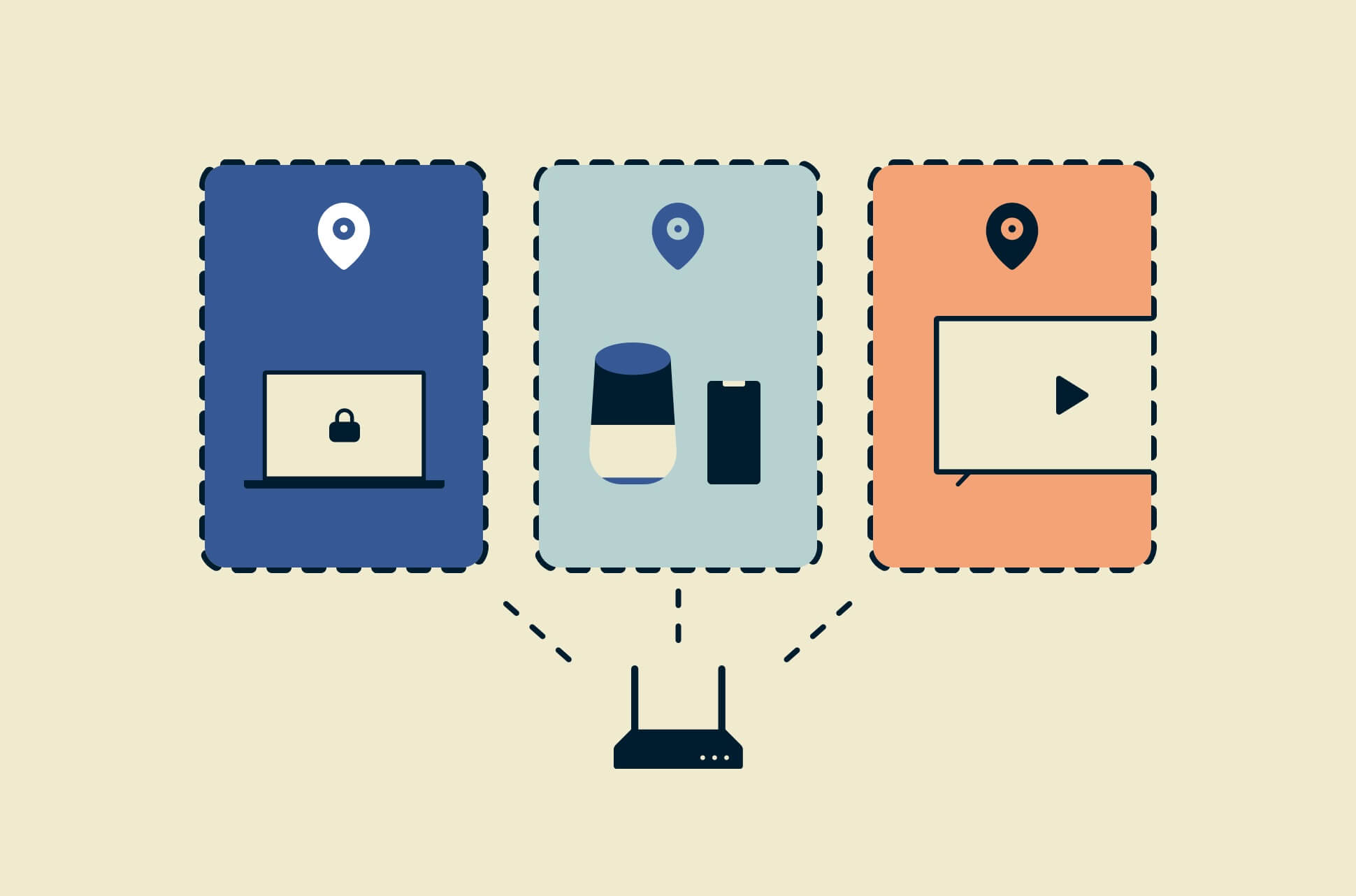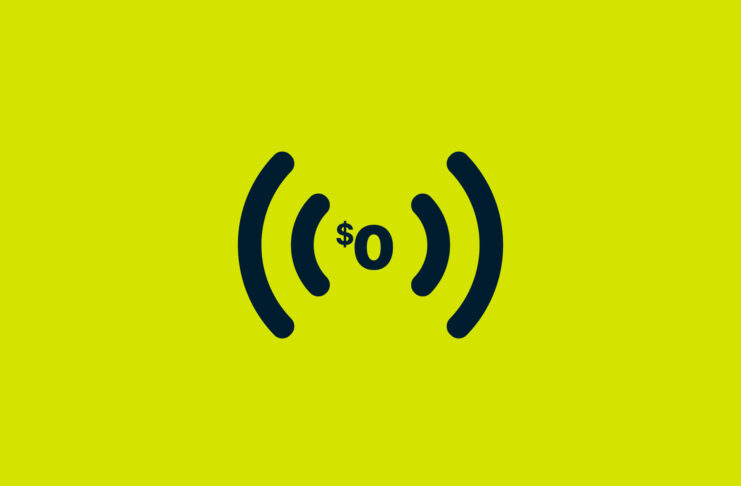Whether it’s on religious, moral, or political grounds, censorship has been around in various forms throughout history. And for as long as censorship has existed, people have found ways to use coded messages and symbols to have their voices heard.
So how do you say something without actually saying it?
[Know your digital rights. Sign up for the ExpressVPN blog newsletter.]
The pop songs that hide banned articles
Have you ever sung along to your favorite songs only to realize later on that they don’t actually mean what you think they do? Burying messages or rewriting lyrics to avoid censors (as with “radio edits” of songs) is fairly common.
Enter The Uncensored Playlist, an initiative launched by Reporters Without Borders, DDB Berlin, and MediaMonks. The initiative brought together journalists from five countries—China, Egypt, Thailand, Uzbekistan, and Vietnam—and turned ten of their more sensitive articles (two from each journalist) into pop songs that were made available on Spotify.
Each journalist was asked to select articles that best represented the issues facing their countries. Despite the prevalence of internet censorship in the countries listed above, Spotify is accessible (although in China, Spotify is only available for premium accounts). Creatives at DDB Berlin decided early on not to inform Spotify of their project and that “we sneaked them on to spark people to find loopholes, to prove we could beat the censors.”
The composer who encoded his name into his music
Composer Dmitri Shostakovich lived through one of the most tumultuous periods of contemporary Russian history. Shostakovich often faced persecution under Stalin’s regime and took to using a particular motif as a cryptogram in his compositions so that he could “sign” his legacy in the event that Stalin had him purged.
The sequence D E♭ C B♮ in German musical notation corresponds to the letters D Es C H or:
- D for Dmitri and
- Es C H for Shostakovich (Schostakowitsch.)
Songs of the Underground Railroad
In the U.S. in the early to mid 19th century, there existed a network of safe houses known as the Underground Railroad that helped slaves escape to free states. Use of spirituals and work songs were common among slaves to communicate coded messages through song. Using the written messages was out of the question because it was illegal to educate slaves.
Two of the most well known examples of these songs are Wade in the Water and Follow the Drinkin’ Gourd.
One interpretation of Wade in the Water posits that the act of wading through water to be instructions for escaping slaves to traverse through water in order to obscure their scent from hunting dogs.
Follow the Drinkin’ Gourd has been theorized to be a set of instructions for escapees to head towards the Big Dipper when navigating at night. In this context, “drinking gourd” is a nickname for the Big Dipper.
While there is debate over whether coded songs really existed, there are accounts of abolitionist Harriet Tubman using songs to aid escaping slaves.
Polari, the secret language created to avoid persecution
Polari was a cryptolect, or secret language, that was used to avoid unwanted attention from the general public and undercover police officers at a time in the UK when homosexuality was illegal. The language was spoken widely among theater circles dating as far back as the 18th century and incorporates aspects of Italian, Romani, and various forms of slang.
Use of Polari waned in the late 1960s as use of a secret code was unnecessary with the decriminalization of homosexual acts under the Sexual Offences Act 1967.
The bleeps and invented swear words on TV
One of most common ways to censor expletives or sensitive material on television or film is through the use of a bleep censor. Censored words or concepts are replaced with a high-pitched noise which can also be accompanied with a censor box that covers a speaker’s mouth. One show that did this to great comedic effect was Arrested Development. Every time a character swore, the bleep censor sound would be accompanied with an object on screen that obscured the character’s mouth.
Some TV shows and films have taken a more creative approach to combating network censorship or studio restrictions by creating their own slang—a trend that seems quite popular in science fiction. In Firefly, expletives are often spoken in Mandarin Chinese instead of English. In Farscape and Battlestar Galactica, fictional expletives are used liberally in character dialogue—perhaps most famously with “Frak” on Battlestar Galactica.
Another approach is to replace banned words or items with something else entirely. Leyla ile Mecnun (Leyla and Mecnun) was a Turkish TV series that ran from 2011 to 2013. As consumption of alcohol and smoking are banned on Turkish television due to strict broadcasting standards, the writers of Leyla ile Mecnun had to find creative ways to portray these concepts on screen. Chewing gum came to represent cigarettes, fruit juice in cans represented beer, grapes represented wine, and “falling into grapes” represented drinking.
Know of other examples? Let us know in the comments!
Read more: Internet censorship: What is it, and how does it happen?
























Comments
Sometimes protest or recognition of an issue hides in plain sight. Paul McCartney of The Beatles wrote “Blackbird” which, it has been claimed, is a song about civil rights in the US. The Analogues, a Dutch band, faithfully attempt to reproduce the Beatles sound using original instrumentation and amplification. And yet in one of their concerts, the visuals consisted of abstract images of blackbirds.
The best VPN that I had 💯👌🏽🔥🔥🔥🔥💯